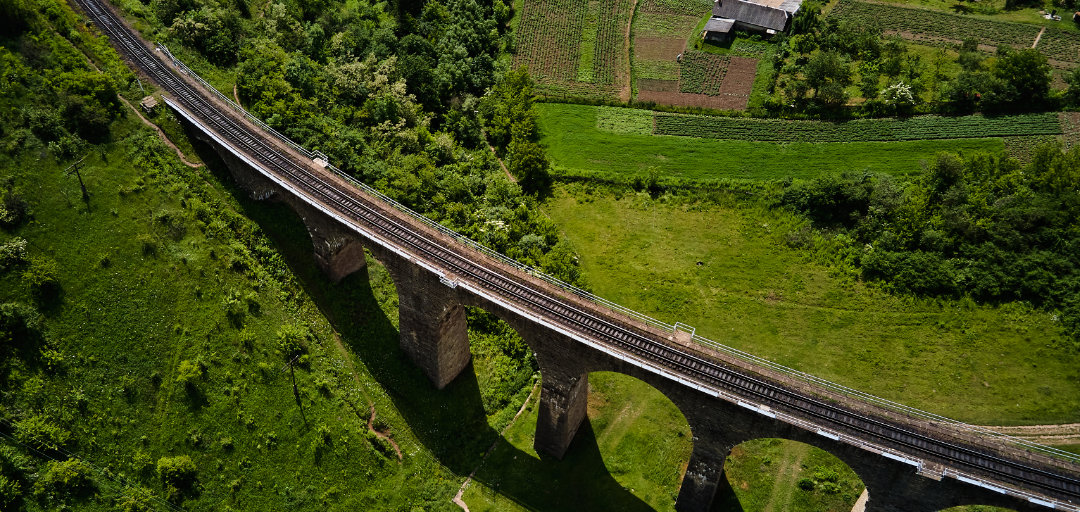Why does RADIUS represent a major advance in railway safety?
June 14, 2023
RADIUS presents a clear improvement in the railway industry. The use of drones to carry out non-critical maintenance operations is simpler, safer, cheaper, more efficient, less polluting and very scalable
RADIUS is a project composed of a total of seven international partners and funded by the European Union Agency for the Space Programme. Its objective is to strengthen the security of the railway sector through the use of drones. But why is it an important step forward?
Manuel Oñate, CEO of EuroUSC Spain - a leading safety consultant firm in Spain in the field of commercial UAS operations and the partner leading the communication and dissemination activities in RADIUS - gives his opinion on what makes the project strong.
“Radius is a powerful project because it provides solutions to problems that hamper the optimal functioning of the railway industry. First, Radius represents a significant increase in safety in this industry, because it makes it possible to carry out periodic checks on the condition of the tracks, switches or other infrastructures. This is of particular value in remote or difficult-to-access locations because it makes it possible to reach them more quickly. To give a concrete example: checking the railway infrastructure in a remote area is costly because, up to now, to carry out these safety checks traditionally required to transport either a human team, rising safety concerns, or a slow-moving train, that is expensive to set in motion and, slows down the rest of the railway activities by occupying the track. This means a suboptimal use of resources.
All of which would be solved if a drone was in charge of carrying out maintenance operations. Resulting also in a significant economic saving.
RADIUS offers in addition security. As a drone verifies everything is working correctly, the risk of work or machinery accidents is reduced to a minimum, avoiding displacements and manual work. Reducing the risk of occupational accidents is a mission of society as a whole. For example, in 2022 alone in Spain there were more than one million occupational accidents, of which more than 4,700 were serious and 826 of them were fatal.
It is well known that the human eye is not infallible, while machines are thorough. Therefore, the use of technology to carry out safety checks is more reliable and will help reduce the risk of human error when detecting small faults in the railway infrastructure. Humans should be used where they are irreplaceable, supervising and taking the final decisions.
Another factor, very important in these times, is that the movement of drones is less polluting than a large-gauge train. Therefore, it will always be preferable to mobilize a drone than any other transport.
RADIUS paves the way for advanced uses of drones in the railway environment, and the results of the project can be scaled to other industries and modes of transportation.
The conclusion is clear: RADIUS presents a clear improvement in the railway industry. The use of drones to carry out non-critical maintenance operations is simpler, safer, cheaper, more efficient, less polluting and very scalable”.

